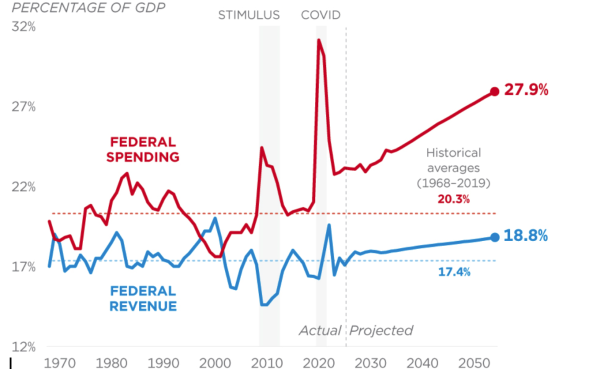Universities adjust to COVID-19 in admissions process

College applications have always been stressful for students, but this year it has been even more challenging as colleges adjust to the circumstances of the pandemic. Students have had limited access to standardized testing, a lack of extracurricular activities, the inability to understand the campus dynamic of colleges, and altered connections with admissions officers.
In light of COVID-19 causing the lack of access to standardized testing and the cancellations of testing dates, many colleges have adopted new test-optional and test-blind policies. Test-optional means that students have the option to not report their ACT, SAT, or SAT Subject Test scores to colleges. Schools that are test blind do not look at SAT or ACT scores, regardless of whether students submit them.
This major decision has been both beneficial and negative for students. Those who were able to take their standardized tests are worried their scores won’t matter as much to colleges even if they are reported. Even with that concern, colleges have reassured prospective students that sending their scores can only benefit them.
Due to the unforeseeable consequences that COVID-19 has brought on around the world, colleges have also added a question to their applications asking students about how this pandemic has affected them. Students are given the chance to talk about the impacts that COVID-19 has had on their economic, educational, health-related, and familial circumstances, which gives colleges the opportunities to understand the student’s profile in greater depth.
This year, there has been a drastic change in the way extracurricular activities have worked, both at Westminster and outside of campus. Colleges, however, have assured students that these shifts in their extracurriculars will not hurt their application. Universities have also asked high schools to indicate how the pandemic has affected campus life.
“The school profile that we send to colleges gives them context around how our last semester ended and how this semester is going right now, so that we can give them a better understanding of what students have been a part of,” said associate director of college counseling Jay McCann.
Though this hasn’t been the most pressing issue when it comes to the admissions process, new policies regarding how extracurriculars are taking place this year have taken an emotional toll on students.
“It’s really sad that the last athletic season that you were expecting to have doesn’t turn out the way you had wanted it to,” said senior Cross Country member Grayson Lambert. “But I do think that all of the coaches and club leaders are trying to make this season and this year special, and it’s going a lot better than I had expected.”
Due to social-distancing restrictions and the wish for the overall safety of public health, many colleges have decided to not allow visitors on campus. Since in-person visiting opportunities are limited, there is a possibility that students may have to choose where they spend the next four years of their life without actually visiting the campuses and getting a feel for what’s in store for them.
Nonetheless, colleges have compensated for the lack of in-person visits through virtual tours, digital information sessions, and Zoom webinars. There have also been discipline-specific panels for students interested in specific programs on campus.
“These [resources] are really convenient,” said senior Soumia Vellanki. “I applaud the schools that I am applying to for making everything so user-friendly, especially when it comes to information sessions. They have so many, so even if you can’t make one, you can always find a slot that works for you.”
The college admissions process is already full of unknowns and can be confusing for high school seniors to navigate. Because of COVID-19, it has been difficult for students to figure out where they want to spend their next four years. Despite this, colleges understand that all those applying as first-year students have had a difficult past few months, regardless of the extent to which their life has been impacted by the pandemic.
“Everyone is in the same boat,” said McCann. “It’s not just the students in Georgia who are unable to carry out their regular extracurriculars and standardized testing. This is nationwide; it’s an international pandemic.”




